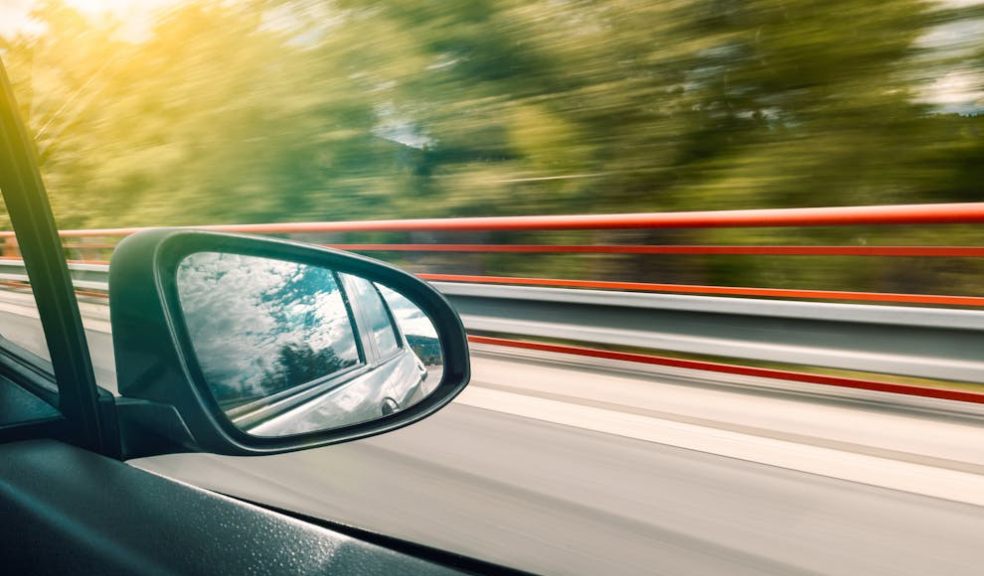
4 safety tips for young drivers
Are you learning to drive? Do you want to understand how to stay safe behind the wheel? Then you’re in the right place!
Here, we explore several tips for becoming a safe and confident driver.
- Master the basics
As a new driver, getting a strong grasp of the rules of the road is crucial. Your driving instructor should guide you through the skills you need to drive safely.
Some of these include maintaining a safe distance from the car in front, appropriate signalling, regular mirror checks and adhering to speed limits.
You’ll also need to know how to perform manoeuvres such as reversing, turning the car around, parking and emergency stops.
When you take your test, you’ll need to show that you can operate the car’s controls with ease (such as the brakes, clutch, accelerator and windscreen wipers).
- Understand your responsibilities
Becoming a driver comes with important responsibilities. For instance, if you buy your own car, you’ll need to ensure it’s roadworthy.
The government website says, “every time you drive you should check the windscreen, windows and mirrors are clean, all lights work and the brakes work”.
You’ll also need to get car insurance appropriate for young drivers, pay the tax and ensure it has a valid MOT certificate.
- Do regular vehicle maintenance
Keeping your car in good condition is a key part of staying safe on the road. Perform regular maintenance checks such as:
- oil level – check that it's between the minimum and maximum mark on your dipstick and replenish if needed
- coolant level – you can check it against the fill range mark on the side of the reservoir when the engine is cold
- screen wash level – check that you have an adequate amount of screen wash in the tank and fill up when required
- tread depth - each tyre needs to meet the minimum tread requirement of 1.6mm
- tyre pressure – you can find out the correct inflation by checking your car's manual
- lights – check that all lights are in good working order including headlights, brake lights, indicators and fog lights
- brakes – make sure your brakes are functioning as they should. If you hear any strange noises, vibrations, pulsing or pulling to one side, get them checked immediately.
- Stay focused and avoid distractions
Forbes says “distracted driving is one of the most dangerous behaviours on the road today”. This includes “visual distractions that cause you to take your eyes away from the road” such as looking at the scenery, a GPS or an advertising poster.
It also includes “manual distractions” that take your hand off the wheel such as “eating while driving, using your phone, changing the radio station or reaching for something”.
Cognitive distractions such as daydreaming, chatting or worrying while behind the wheel are also an issue.
You can avoid getting distracted by following safety advice like putting your phone away and having it on silent, changing your car settings before you leave and avoiding eating, drinking and sightseeing while driving.
If you need help or advice about safe driving, ask your instructor, seek advice from the DVLA or speak to a professional mechanic from a garage.













